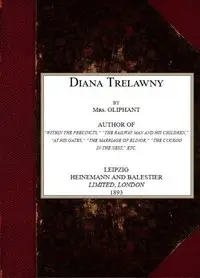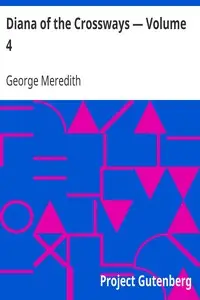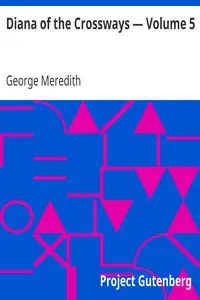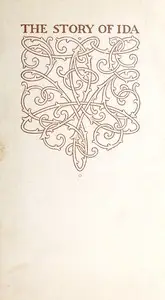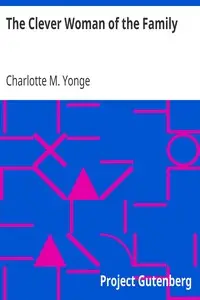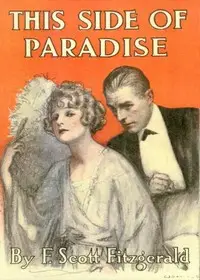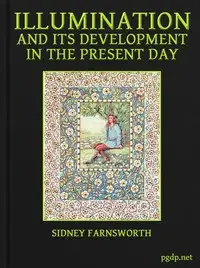"Diana of the Crossways — Complete" by George Meredith is a story set in the late 1800's about Diana, a smart and beautiful young woman from a grand Irish family, who deals with scandal and judgment from society. The story looks at concepts like reputation, being a woman in that time, and what society expects, especially as Diana deals with her relationships and the problems that come from being independent in a world run by men. At first, we learn about Diana through diaries and stories from people she meets, which show how much she affects them with her charm and intelligence. As the story goes on, it's clear that Diana's beauty causes issues, bringing both admiration and negative attention. For example, at an Irish ball, she attracts the attention of important men like Lord Larrian and Mr. Thomas Redworth. These relationships show Diana's fight against societal rules and her own desires, highlighting the author's views on gender roles and complex emotional bonds experienced in relationships.

Diana of the Crossways — Complete
By George Meredith
A captivating Irish beauty faces tough choices and societal judgment as she tries to navigate love, reputation, and independence in a world dominated by men.
Summary
About the AuthorGeorge Meredith was an English novelist and poet of the Victorian era. At first, his focus was poetry, influenced by John Keats among others, but Meredith gradually established a reputation as a novelist. The Ordeal of Richard Feverel (1859) briefly scandalised Victorian literary circles. Of his later novels, the most enduring is The Egoist (1879), though in his lifetime his greatest success was Diana of the Crossways (1885). His novels were innovative in their attention to characters' psychology, and also portrayed social change. His style, in both poetry and prose, was noted for its syntactic complexity; Oscar Wilde likened it to "chaos illumined by brilliant flashes of lightning". Meredith was an encourager of other novelists, as well as an influence on them; among those to benefit were Robert Louis Stevenson and George Gissing. Meredith was nominated for the Nobel Prize in Literature seven times.
George Meredith was an English novelist and poet of the Victorian era. At first, his focus was poetry, influenced by John Keats among others, but Meredith gradually established a reputation as a novelist. The Ordeal of Richard Feverel (1859) briefly scandalised Victorian literary circles. Of his later novels, the most enduring is The Egoist (1879), though in his lifetime his greatest success was Diana of the Crossways (1885). His novels were innovative in their attention to characters' psychology, and also portrayed social change. His style, in both poetry and prose, was noted for its syntactic complexity; Oscar Wilde likened it to "chaos illumined by brilliant flashes of lightning". Meredith was an encourager of other novelists, as well as an influence on them; among those to benefit were Robert Louis Stevenson and George Gissing. Meredith was nominated for the Nobel Prize in Literature seven times.


